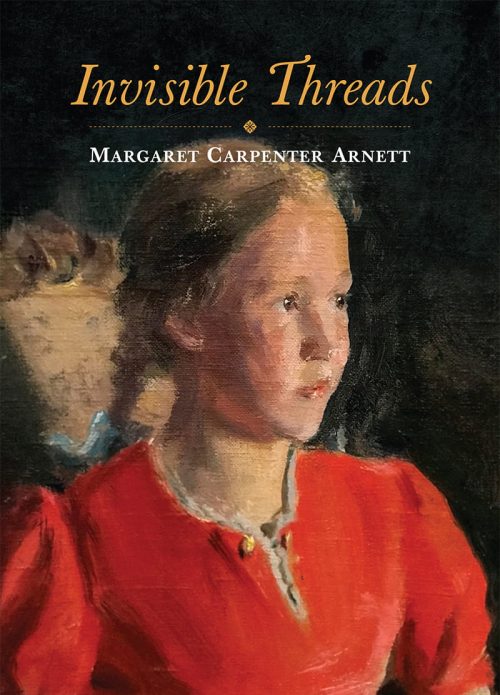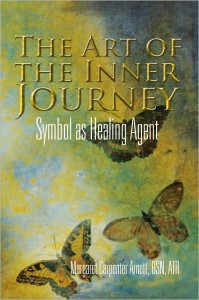Art as a tool of creative expression can facilitate healing.
The fact that art can speak in a way words are unable to express is truly invaluable.
According to research, art therapy has shown to benefit many individuals of all ages. It has been established that it can improve and increase self-esteem, confidence, and self-awareness.
Art therapy can enrich the lives of many individuals, families, and communities
through its healing power and through creative expression.
Exploring art therapy means understanding its very essence. In 1942, the term “art
therapy” was devised by British artist Adrian Hill. He was the one who initially explored
the benefits of art and its use as a tool for healing. While he was recovering from
tuberculosis, Adrian Hill discovered the wholesome benefits of painting and drawing.
That is when people in the mental health field started to depict their work with people in
treatment as “art therapy.”

Photo by Amandine Cornillon on Unsplash
Within the realm of mental health care, art therapy is a treatment approach influenced
by the fields of art and psychology. With its creative process, it has a primary goal of
helping individuals thrive in life, particularly those heavily struggling with their mental
health or overall personal well-being.
While the versatility of art therapy seems to obtrude, the great benefits it brings are
incredibly valuable. Through this creative expression, which evidently holds
consequential healing power, it develops a greater sense of self-awareness and guides
people to feel more in control of their own lives.
Exploring Art Therapy: The Benefits

Photo by Amauri Mejía on Unsplash
Naturally Help Decrease Stress Levels and Anxiety
Art is our best friend. Through the process of creating art, we can express
ourselves and pour all our burdens into the piece of artwork. Additionally, if we
totally remain focused on the art process, we begin to feel the calming flow,
relieving our stress and anxiety.
Help Ease Pain
In a creative sense, we can explore our feelings, emotions, thoughts, and even
experiences through art therapy. The art process can serve as a distraction that diverts
us from the pain we are experiencing. Also, art can be used as a method of managing
the effects of chronic or traumatic pain.
Improve Cognitive Abilities
The ability to get lost in the process that occurs when we create,
allows the brain to heal and restore, contributing its positive impact on
cognitive abilities, the mental skills and processes that allow people to understand, remember and apply information.
Creative Space for Expression
Not only does art provide us with a sense of pleasure during the art-creating process,
but it also serves as a safe place for us to release and vent emotions and thoughts.
Sometimes, words are not enough to capture our feelings, but art authentically aids in
that problem.
Elevate Self-Esteem and Self-Awareness
Creating art goes beyond channeling our emotions into works of art. It also guides us to
dig deeper into our own very depths and capture an understanding of our individuality
as we reflect upon the art.
Better Cope With Trauma
People who have experienced emotional trauma from a distressing and painful event
can benefit from expressing themselves creatively. Through art therapy, they will be
able to cope better with their trauma and help support their healing progress.
What Are Some Techniques in Art Therapy?
drawing
doodling and scribbling
finger painting
carving
clay art
phototherapy
collage
painting
sculpting
digital art
Art for Anyone, Art for Everyone
Art therapy is a healing tool that is accessible to everyone, regardless of age or
background. Its universal nature makes it a powerful means of self-expression and
healing. While some of us may not be that artsy, skilled in art, or that heavily involved in
such a field, art therapy presents an open embrace for anyone and everyone. Art
therapy is not exclusive to art enthusiasts only, it is for anyone who is willing to express their feelings in a new way.
Margaret Carpenter Arnett art therapy book, The Art Of The Inner Journey: Symbol
as Healing Agent, is an informational tool about one way to utilize art as a form of
healing and processing in a therapeutic way.
While art therapy involves a much broader scope, the author, Margaret, authentically
captured an aspect of art therapy's healing power. In addition to her mastery and talent,
in her book, she features the drawings and stories of some individuals whose drawings
served as great help to them in their lives. Exploring art therapy for these people
became a tool for healing.
We highly recommend reading The Art Of The Inner Journey: Symbol as Healing Agent.


 "The Art of the Inner Journey" (FULL COLOR EDITION) by Margarett Carpenter Arnett is now available through:
"The Art of the Inner Journey" (FULL COLOR EDITION) by Margarett Carpenter Arnett is now available through:
